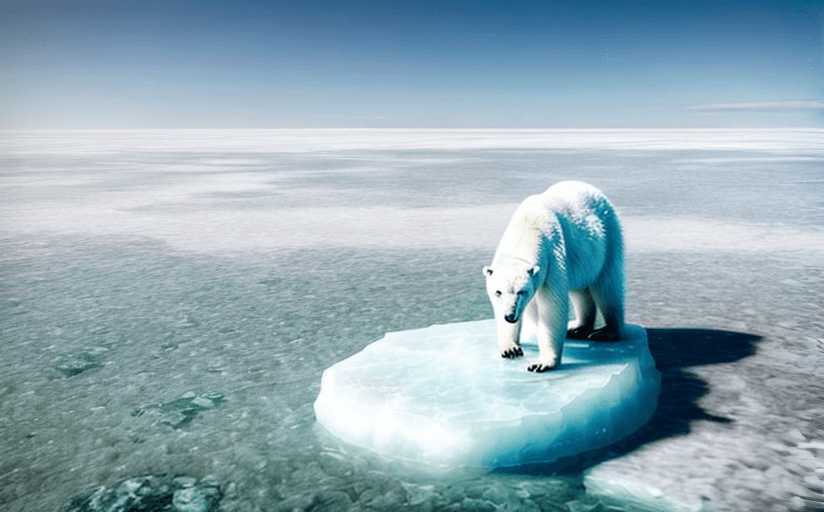Impacts of Climate Change on Biodiversity
This article seeks to delve into the significant influences of climate change on global biodiversity. The drastic changes occurring in our climate - from global warming to changing rainfall patterns to ocean acidification - are heavily impacting the survival of countless species across ecosystems.
Global Warming
Global warming is arguably the most recognized impact of climate change, significantly influencing biodiversity. Rising temperatures can alter conditions where organisms live. Experts such as IPCC Scientists assert that global warming has already forced numerous species to change their geographical range, migration patterns, and even life-cycles, to adapt to changing temperatures.
Changing Rainfall Patterns
Modifications in rainfall patterns caused by climate change are another major concern for biodiversity. A 2019 study published in the journal PNAS shows that erratic rainfall patterns are threatening grassland ecosystems that house diverse plant species. Because held a large proportion of global biodiversity, these disturbed natural patterns make species more vulnerable – especially those unable to adjust quickly to these changes.
Ocean Acidification
Climate change affects our oceans too, increasing CO2 levels, causing ocean acidification. Nature journal published an article in 2017 detailing ocean acidification effects on marine organisms, especially coral reefs. This acidification erodes the hard-outer layer of corals, threatening the reef's entire ecosystem and its multitude of inhabitant species.
Case Studies
Rainforests
Climate change is largely impacting the world’s largest rainforest, the Amazon. A paper by ScienceMag states that this rainforest is experiencing unprecedented rates of loss due to higher temperatures and extended dry seasons.
Coral Reefs
The Great Barrier Reef offers another heartbreaking case study. Yale Environment 360 reported that half of the reef's corals have died since 2016 due to ocean acidification driven by climate change.
Solutions and Mitigation Strategies
Despite the grim situation, several solutions and strategies can mitigate these impacts. One widely discussed potential solution is reducing global greenhouse gas emissions, especially from burning fossil fuels. Experts like Prof. Myles Allen from Oxford University states: “... to protect biodiversity, we need to keep global warming as low as possible. The future of species and ecosystems has much to do with the physics and politics of global warming.”
Research, protection, and global cooperation will be key to protecting our planet and preserving biodiversity for future generations.
This article is by no means exhaustive; we’re still learning about the impacts of climate change and how best to combat them.

















Comments
Leave a Comment